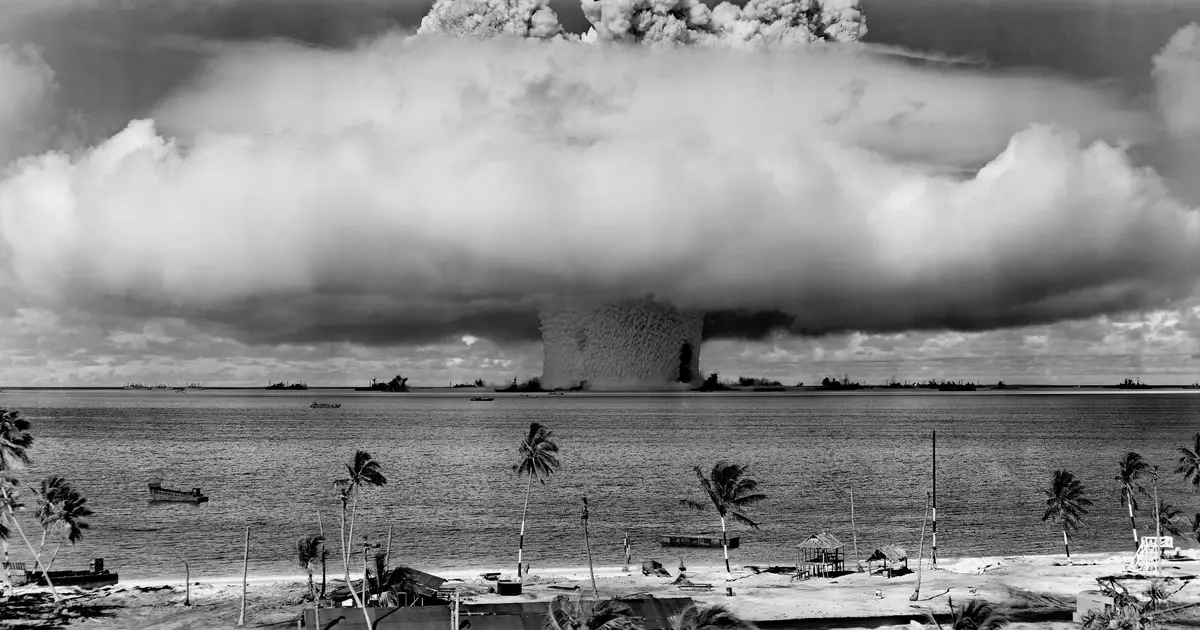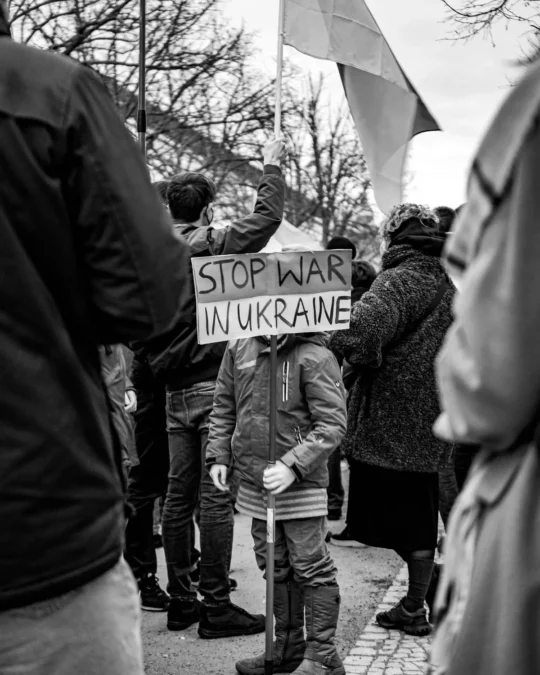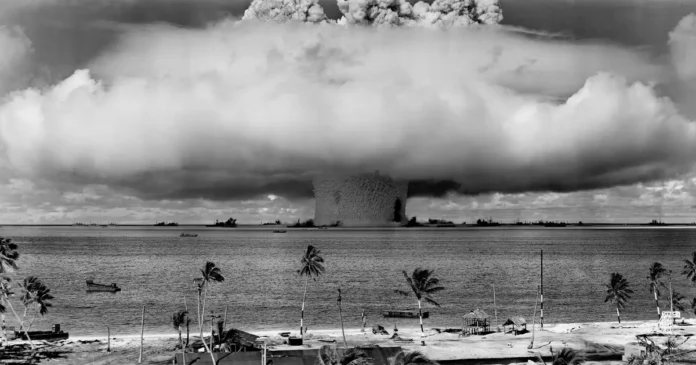In an era already marked by uncertainty, conflict zones like Ukraine and Gaza have become focal points of concern for global peace. As geopolitical tensions surge, many are questioning whether we are on the brink of a large-scale international conflict—possibly even a third world war. The term World War 3 has transitioned from speculative fiction to a worrying topic dominating current affairs and political discourse. From Russia’s aggressive foreign policy to rising U.S. tensions under past and present administrations, the world seems to be walking a tightrope between diplomacy and disaster.

The Current Climate of Global Instability
While no one wants to imagine another global war, recent years have seen a steady deterioration of international relations. Russia’s ongoing war in Ukraine, Israel’s conflict in Gaza, and China’s assertiveness in the Asia-Pacific region are just a few flashpoints generating unease. These are not isolated issues. Rather, they are interconnected components of a shifting global order, with each conflict influencing another.
The war in Ukraine began in 2014 with the annexation of Crimea but escalated dramatically in 2022 when Russia launched a full-scale invasion. The West, led by NATO and the U.S., has supported Ukraine with financial and military aid. Russia has framed the war as a defense against Western encroachment. The situation has drawn in major global powers and created a complex web of alliances and antagonisms that evoke memories of pre-WWI entanglements.
Meanwhile, the Gaza conflict remains a persistent point of tension in the Middle East. The resurgence of violence That Israel has asserted on Palestinians from time to time. Documented by Local And International Media has now caught an international attention due to the Ethnic Cleansing Ideologies of some Racial Extremists Group. Threatening the Live of hostages Who are still Breathing fine. Particularly with the humanitarian toll rising rapidly. Regional powers such as Iran, Syria, and Lebanon are drawn into the fray either directly or via proxies, complicating peace efforts and threatening broader escalation.
Trump, NATO, and the Shadow of War
The role of political leadership in exacerbating or defusing tensions cannot be ignored. Former U.S. President Donald Trump remains a polarizing figure, not only in domestic politics but also in his impact on international relations. His controversial stance on NATO, his public praise for authoritarian leaders, and his unpredictable foreign policy moves have fueled speculation and concern about how his potential return to office could affect global stability. “Trump WW3” became a trending phrase during his presidency—not entirely without cause.
Even after leaving office, Trump continues to influence the political narrative. Many analysts warn that a return to isolationist or erratic U.S. foreign policy could destabilize delicate alliances. Especially at a time when unity is crucial to preventing escalation. With U.S. elections on the horizon, the international community watches closely, wary of what changes in leadership could mean for ongoing global conflicts.
Ukraine and Gaza: The Most Alarming Flashpoints
When asking the critical question—Is Ukraine or Gaza likely to be the alarming initiation point for World War 3?—the answer, though not definitive, is worrying. Both regions possess the conditions that historically precede world wars: ideological divides, foreign interference, economic interests, and entrenched hostilities.
Ukraine represents a direct challenge to Western security and the post-Cold War world order. If the conflict there spills into NATO territory, it could trigger Article 5 of the NATO charter, effectively obligating all member states to respond—a surefire recipe for global conflict. Russia, in this scenario, would be pitted against not just Ukraine, but a coalition of Western powers, dramatically raising the stakes.

Gaza, on the other hand, is a more volatile tinderbox of religious, political, and territorial disputes. While it may seem like a regional conflict, it has the potential to draw in major global players. Iran’s support for Hamas, Hezbollah’s actions in Lebanon, and the presence of U.S. and Russian interests in Syria form a combustible mix. If even one of these threads snaps, it could ignite a chain reaction well beyond the region.
The Role of Global Media and Public Perception
In today’s digital age, media plays an outsized role in shaping public opinion and influencing political action. Searches for World War 3 news, Russia WW3, and related topics have skyrocketed in recent months. This public anxiety is not baseless. The frequent updates, dramatic footage, and impassioned commentaries across news outlets have added to the sense of immediacy and fear.

However, it’s also essential to approach these developments with nuance. While the media can raise awareness, it can also fuel hysteria. Balanced reporting and informed discussion are crucial in ensuring that governments are held accountable. Public remains vigilant without succumbing to panic.
Hope Through Diplomacy and Collective Responsibility
spite the dire tone of many headlines, the international community still has avenues for de-escalation. Diplomacy remains the most powerful tool in preventing large-scale war. Efforts by the United Nations (which is hopeless against the Veto Powers), peace-brokering states like Turkey or Qatar, and even non-state actors advocating for ceasefires and negotiations, all contribute to a fragile but vital buffer against global war.
The challenge lies in maintaining open channels of communication and prioritizing human welfare over political dominance. The question isn’t just whether Ukraine or Gaza will trigger a global war—but whether world leaders are willing to prevent it.

